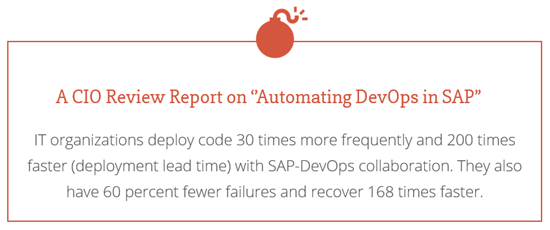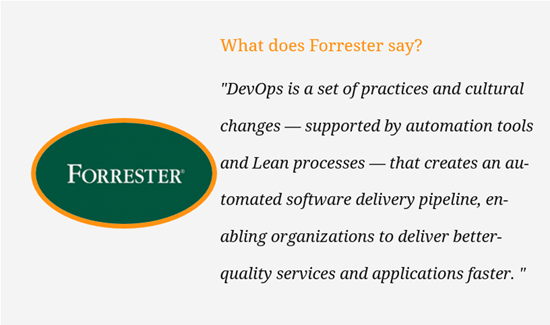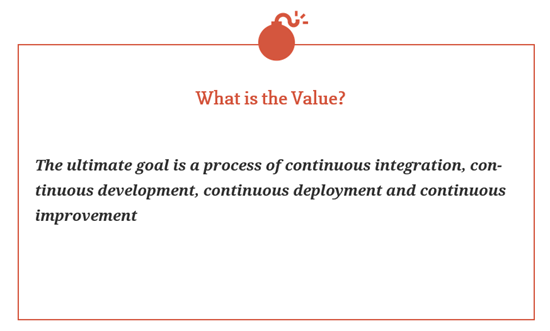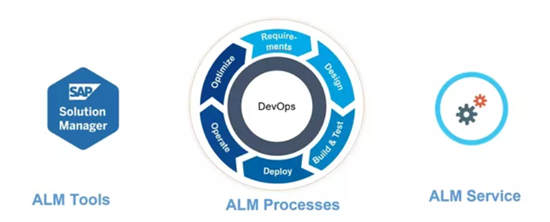 Anthony Cecchini is the President of Information Technology Partners (ITP), an SAP consulting company headquartered in Pennsylvania, with offices in Vienna, VA. ITP offers comprehensive planning, resource allocation, implementation, upgrade, and training assistance to companies. Anthony has over 20 years of experience in SAP business process analysis and SAP systems integration. His areas of expertise include SAP NetWeaver integration; ALE development; RFC, BAPI, IDoc, Dialog, and Web Dynpro development; and customized Workflow development. You can reach him at [email protected].
Anthony Cecchini is the President of Information Technology Partners (ITP), an SAP consulting company headquartered in Pennsylvania, with offices in Vienna, VA. ITP offers comprehensive planning, resource allocation, implementation, upgrade, and training assistance to companies. Anthony has over 20 years of experience in SAP business process analysis and SAP systems integration. His areas of expertise include SAP NetWeaver integration; ALE development; RFC, BAPI, IDoc, Dialog, and Web Dynpro development; and customized Workflow development. You can reach him at [email protected].
What is DevOps for SAP?
Well before we explore this question, let’s first get a good definition of what DevOps is and then we can return and attempt to overlay the concepts and methodology to SAP.
DevOps is about people, culture, processes and tools. It’s an approach that builds on the concept of Agile development, focusing on open, collaborative methods and use of automation to increase the speed and flexibility with which new features and services are delivered. Whereas, traditional IT development and delivery processes are based around business silos where work is passed between teams without ownership, lack of visibility and low levels of satisfaction.
DevOps teams are organized around business outcomes. Business silos are removed to create a team with diverse skill-sets that constantly interact with each other. Development, QA, Operations and the business work together with high levels of communication, collaboration, ownership, and trust.
Why adopt DevOps for SAP?
Faster Innovation
The adoption of DevOps into the SAP development lifecycle can bring staggering improvements in the speed, adaptability, and quality of software delivery. The end result is a better, faster, safer way to deliver SAP applications.
Continuous Delivery
DevOps uses broader IT team collaboration to provide fast, frequent checkpoints and feedback. DevOps for SAP allows your systems to change continuously so that they can keep up with the rest of the business and the expectations of your customers – this a fundamental requirement today in the new world of digital transformation.
Automation
Process automation is a critical part of a DevOps approach, helping to minimize risk and eliminate errors.
Business Alignment
DevOps makes IT highly responsive to changing business needs. New features and services are implemented quickly and continuously, delivering perceived and “real” value sooner to the user community, which in turn leads to trust and adoption. This provides the ability to respond to new business strategies and changing market conditions with low risk.

How do we get there? A transformation from conventional IT towards an agile DevOps organization likely requires the following steps:
(1) Focus responsibilities of the SAP platform team on monitoring, patching, upgrading, environment provisioning and refresh, and
performance testing and leave the transport of changes (“deployments”) to development teams.
(2) Use automation tools for environment clone and refresh.
(3) Introduce automation tools to ease the promotion (transport) process for changes into upper environments and, ultimately, production.
(4) Add unit test and static code analysis (e.g. for security and performance checks).
(5) Automate regression, security and performance tests
Summary
Companies need to implement DevOps principles with the help of cross-skill teams to deliver faster and better quality solutions. This also requires standardizing functions and redefining processes to improve productivity and maximize value. In addition, bringing in automation using the SAP Solution Manager can help solve complexities of implementation, operations, and business.






